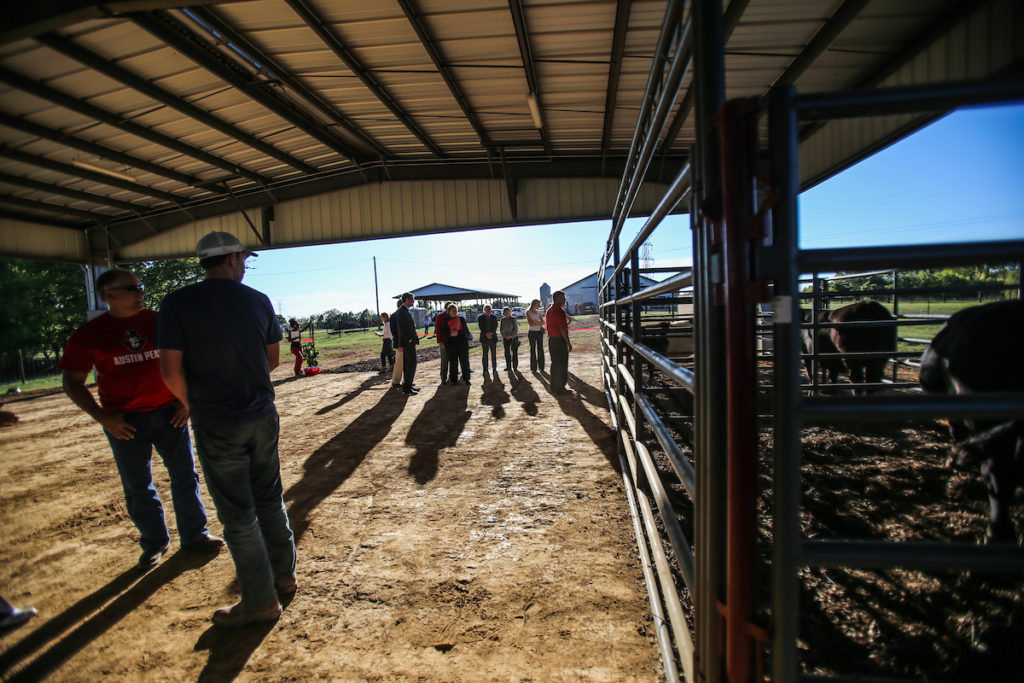
One of the universities closest to the center of totality will document how animals on campus will react to the sudden darkness of Monday’s total solar eclipse.
Researchers from Austin Peay State University’s agriculture department will record observations on university cattle, bees and crickets.
Department chair Don Sudbrink, a trained entomologist, will be observing the crickets. The insects chirp at night but stay quiet during the day to avoid predators, he says. So he wants to know if they’ll start making nighttime noises when it’s dark out but still technically daytime.
“The truth is, with crickets, I kind of got it easy,” he says. “If they chirp, I can hear that and still look at the eclipse.”
Meanwhile, animal science researcher Rod Mills will look at the behaviors of beef cattle. Will they lie down during the brief darkness? Will they keep grazing? The campus beekeepers will also be observing their hives, Sudbrink says.
“There are reports that some bees in the past have tried to race back to the hives and wouldn’t come out again,” he says. “We’re going to make some observations of that as well,
A total eclipse is a rare enough event that there’s not much data on how animals react to it. Of course, because it’s so rare, these observations may not be particularly useful in the future. But Sudbrink still calls it the chance of a lifetime.
“The practicality of these are not immediately apparent, but there are certain things we can gain from the behavioral knowledge,” he says.
is also asking people to record animal reactions during the eclipse using a science observation app called iNaturalist. Purdue University in Indiana
sent out a similar request to regions that will experience totality.


